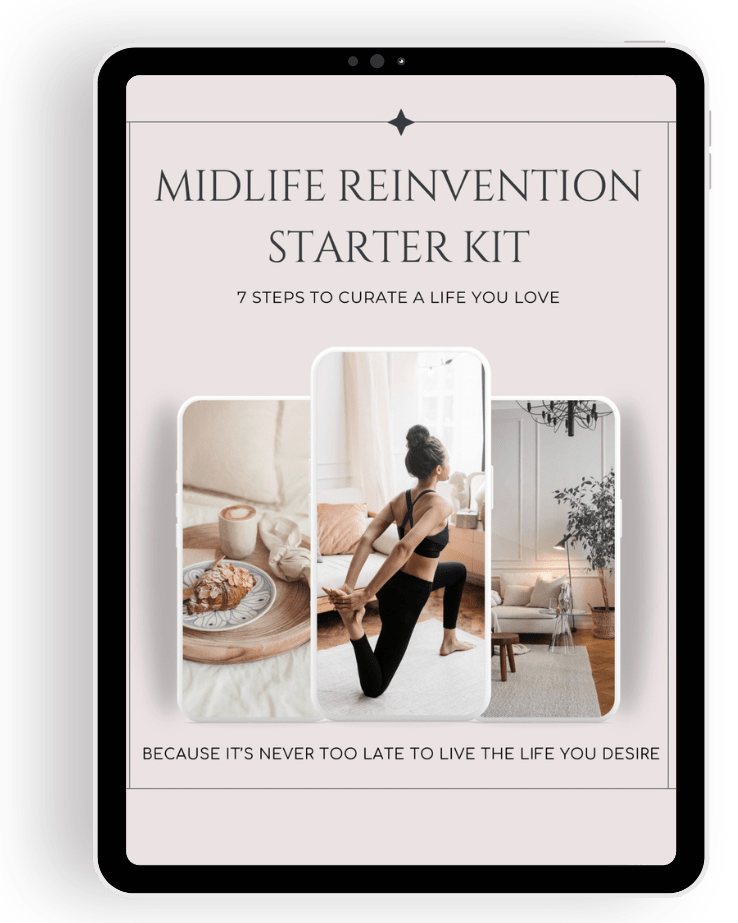The secret to healthy eating? Stocking up on the right ingredients so you can whip up a quick, tasty meal at any time. It’s that simple. It all begins with grocery shopping and filling up your pantry with herbs, spices, whole-grain foods, fresh vegetables, nuts and lots more. Want to know how to build a healthy kitchen? Read all about it below.

Create a healthy base
It all starts with creating a healthy base for your meal that you can draw upon. Stock up your pantry with whole wheat pasta, lentils, rice (for example brown or wild), quinoa, bulgur wheat, millet, sorghum, and buckwheat in Kilner jars. This way, you always have a starting point for your meal when you need to whip something up quickly.

Buy in bulk
Stock up on cans and tins: chickpeas, tomatoes, beans and pulses all come in cans or glass jars and are ideal to buy in bulk since the expiration date is mostly a year or two after buying (but always check to be sure!). Another great addition to your kitchen pantry is lots of herbs and spices, like Ayurvedic turmeric, cumin, ginger and cardamom.
Go nuts!
Nuts are a great addition to your everyday meal, as they are high in healthy fats and a great source of fibre and protein. This makes them ideal as a snack or to top off a bowl of bulgur with fresh jars of lentils, rice and other bases. your jars with lentils, rice and other bases you have stocked. Other high-fat foods are avocados, extra virgin olive oil (a must-have in your kitchen!), fatty fish (that you stock up on in tins), whole eggs and chia seeds.

Make the most of your freezer
Frozen veggies and fruits are rich in nutrients and are handy to save in your freezer as they can be used for smoothies, snacks and homemade acai bowls. Think of frozen mango, all types of berries and pineapple. Veggies that are great frozen are, for instance, peas, carrots, cauliflower and green beans as you can throw them into recipes like chilli, stews and soups for added nutrients and flavour.
Kitchen essentials
Olive oil is an essential ingredient in every kitchen. Great (if not essential) to add to a bowl of quinoa and veggies, wholewheat pasta, or to dip your bread in with some salt. Even better is herb-infused olive oil – and super easy to make. Add some herbs to an ice cube tray, add some olive oil and garlic et voila; ready to go in the freezer. Take a cube out of the freezer when you are ready to cook – the flavour combinations are endless.
Stock, broths & foodie tricks
Soup stocks and broths are pantry essentials, as they are very easy to make and preserve at home. Essential ingredients for any kind of stock are celery, onion and carrot – you can also add aromatics such as thyme, cloves and black peppercorns. There are many vegetable and herb scraps that you may have been tossing out that make an excellent base for your soup, like celery leaves, carrot leaves and ends, parsley stems, the green part of leeks, onion ends and skins, tomato ends and thyme and oregano stems.

Buy seasonal produce
There are lots of advantages when buying seasonally. The food tastes better when it’s grown in its natural season, the food is cheaper to buy and last but not least: seasonal food is better for the environment. Growing and transporting food so that it is always available uses a lot of energy that creates CO2, and this greenhouse gas is harmful to the environment.

So, now your healthy kitchen is all set. What comes next is the best part: let’s get cooking! It’s all about trial and error (and lots of taste tests, of course) and looking online for recipe inspiration.

7 Healthy Eating Habits to Adopt
There are several healthy eating habits you can adopt to maintain a nutritious and balanced diet:
- Eat a variety of foods: Include a wide range of fruits, vegetables, whole grains, lean protein, and healthy fats in your diet. This helps ensure that you get all the necessary nutrients and minerals your body needs. CHECK OUT: Healthy Grocery List
- Practice portion control: Be mindful of the portion size of your meals, as overeating can lead to weight gain and other health issues. Use smaller plates and avoid second helpings to keep your portions in check.
- Limit processed foods: Processed foods are often high in added sugars, sodium, and unhealthy fats. Instead, focus on whole foods that are minimally processed, such as fresh fruits and vegetables, whole grains, and lean protein.
- Drink plenty of water: Staying hydrated is essential for maintaining good health. Drink at least 8 cups of water per day and limit your intake of sugary beverages. CHECK OUT: The one-morning ritual you shouldn’t ignore
- Plan your meals: Take some time to plan your meals in advance to ensure that you have a well-balanced diet. This can help you avoid making unhealthy choices when you’re short on time or feeling stressed. CHECK OUT: Meal Planning 101
- Cook at home: Cooking at home allows you to control the ingredients and portion sizes of your meals. It can also be a fun and rewarding way to experiment with new flavours and cuisines. CHECK OUT: Eat like you LOVE yourself
- Listen to your body: Pay attention to how your body feels after eating certain foods. If you notice that certain foods make you feel bloated, tired, or sluggish, consider reducing your intake of these foods or eliminating them from your diet altogether. Your Body, Your Soul, Your Rituals
Remember, healthy eating habits are about balance and moderation. Focus on making small, sustainable changes to your diet over time, and you’ll be on your way to a healthier, happier you.

10 Tips to Eating Healthy
- Eat a variety of foods: Eating a variety of foods ensures that you get all the necessary nutrients your body needs. Try to include different fruits, vegetables, whole grains, protein, and healthy fats in your diet. CHECK OUT: The secret to healthy cooking made easy
- Limit processed foods: Processed foods are often high in sugar, salt, and unhealthy fats. Try to limit your intake of processed foods and opt for whole, nutrient-dense foods instead.
- Control portion sizes: Eating too much of anything, even healthy foods, can lead to weight gain. Pay attention to portion sizes and listen to your body’s hunger and fullness cues.
- Drink plenty of water: Drinking enough water helps keep your body hydrated and can aid in digestion. Aim to drink at least 8 glasses of water per day. CHECK OUT: 13 Detox Juices to Drink Yourself Clean
- Cook at home: Cooking your meals at home allows you to control the ingredients and the cooking methods. This can help you make healthier choices and avoid excess calories. CHECK OUT: Soulfully Nourished: Healthy Cooking & Eating Made Easy
- Choose healthy fats: Healthy fats, such as those found in nuts, seeds and avocados are important for brain function, heart health, and hormone production. Avoid unhealthy fats, such as trans fats and saturated fats. CHECK OUT: Plant-Based Sources of Healthy Fats
- Limit sugary drinks: Sugary drinks, such as soda and sports drinks, are high in calories and can lead to weight gain. Opt for water, unsweetened tea, or low-calorie drinks instead.
- Eat slowly: Eating slowly can help you feel full faster and prevent overeating. Take the time to savour your food and enjoy the flavours and textures. CHECK OUT: Mindful Eating and How to Get Started
- Plan ahead: Planning your meals ahead of time can help you make healthier choices and avoid unhealthy options when you’re hungry and pressed for time. DOWNLOAD YOUR FREE MEAL-PLAN (Contains 8 breakfasts, 8 lunches & 8 dinner ideas)
- Don’t skip meals: Skipping meals can lead to overeating and can mess with your metabolism. Aim to eat three meals per day and incorporate healthy snacks if needed.


Feel free to sign up to my Friday Morning Love Note HERE! This isn’t just a newsletter - it’s your invitation to pause, reflect, and realign with you. Every week, we’ll journey together to uncover the small, meaningful shifts that will help you design a life that feels uniquely and beautifully yours. Each week, I’ll deliver fresh intentions, uplifting tips, and simple shifts to inspire purposeful, creative living.







[…] a healthy diet is crucial for overall health and well-being. A healthy diet provides the body with essential […]
[…] Part of holistic living is creating healthy habits! Find healthy habits that are both sustainable and enjoyable for you. Maybe it’s physical exercise in the form of hiking, a yoga class, or swimming. Or maybe it’s cooking and eating your favourite healthy foods. […]
[…] RELATED: The secret to healthy cooking made easy […]
[…] READ MORE: The secret to healthy cooking made easy […]
[…] RELATED: The secret to healthy cooking made easy […]